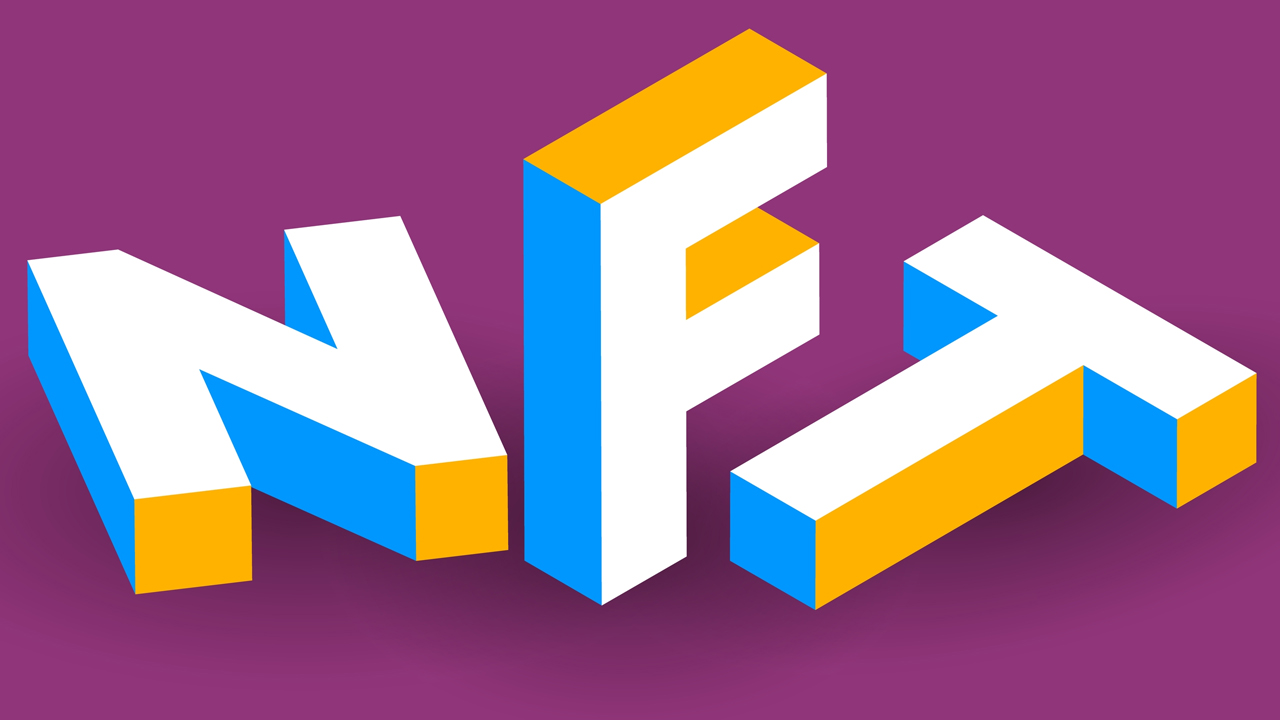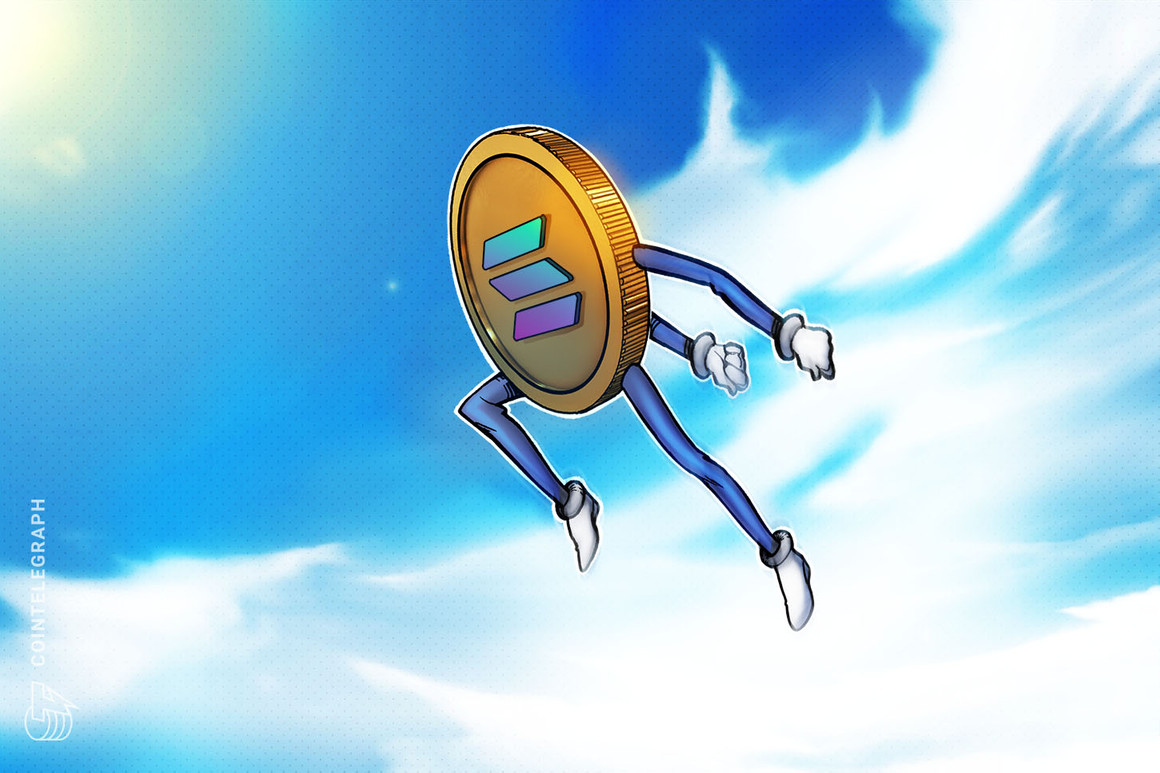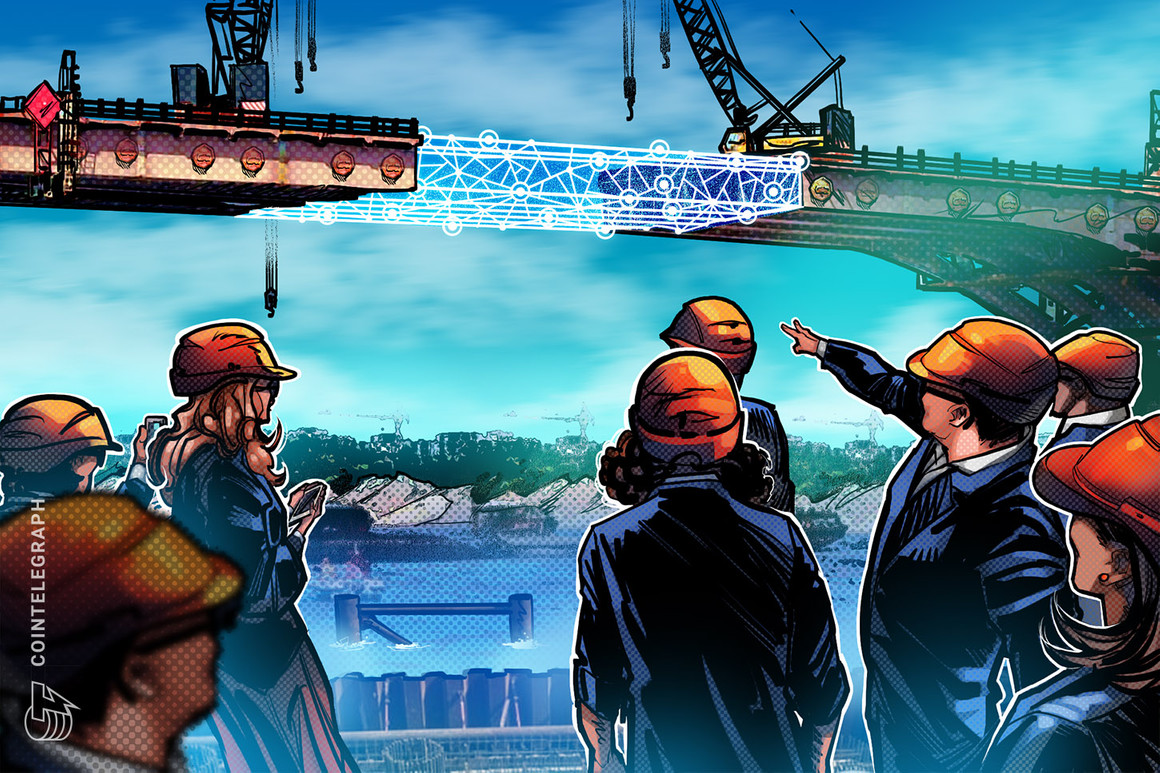Non-fungible token (NFT) sales have shown improvement during the last month as 30-day statistics show NFT sales are up 22.37% higher than the month prior. During the last seven days, NFT sales are up 5.13% higher than the week before. Additionally, over the last two days, the floor value of Bored Ape Yacht Club (BAYC) NFTs managed to jump above the floor value of Cryptopunks NFTs by more than four ethereum. NFT Sales Improved in November, Rising 22% Higher Than October’s Sales — BAYC Floor Surpasses Cryptopunks Roughly two weeks…
Tag: Blockchains
Solana’s co-founder addresses the blockchain’s reliability at Breakpoint
Solana (SOL) co-founder Anatoly Yakovenko says the past year has been mired by the network’s reliability issues and outages, but recent updates will help the blockchain resolve its reliability issues. During the Breakpoint 2022 annual conference in Lisbon, Portugal on Nov. 5, Yakovenko discussed the past and future of the blockchain, noting the network has faced difficulties over the past year: “We’ve had a lot of challenges over the last year, I would say this whole last year has been all about reliability.” Solana has suffered ten partial or full outages…
Web3 Wallets Will Help Onboard Blockchain’s Next Billion Users
I don’t know about you, but downloading a Web3 wallet and funding it for the first time was a nerve-wracking experience. Sending money without trusting some central authority with a familiar logo left me feeling unmoored; I refreshed my wallet a few times, waiting. After using it for a few months, I realized that this decentralized wallet was a very different beast from typical payment apps provided by banks or companies like Paypal. These wallets not only carried my crypto assets but also my login credentials and transaction history forming…
Evmos, Connector of Cosmos and Ethereum Blockchains, Raises $27M in Token Sale
Polychain Capital led the funding raise to accelerate the cross-chain decentralized app platform Source
Publicly-Listed Bitcoin Miner Argo Blockchain’s Stock Gets Downgraded, Firm Offloads Close to 4,000 Bitmain Miners – Mining Bitcoin News
On Oct. 31, 2022, the publicly-listed bitcoin miner Argo Blockchain revealed the firm’s attempt to obtain $27 million in a scheduled financing deal fell through. According to the company’s October update, Argo said it did not believe the deal “will be consummated” and now two market analysts have downgraded the company’s shares. Argo Blockchain’s $27 Million Financing Deal Falls Through, Stock Shudders, Wall Street Analysts Downgrade ARBK Shares Bitcoin miners have been facing significant pressures as a couple of publicly-listed mining firms have faced financial hardships and bankruptcies. The recent…
Aptos Token Rebounds After Upstart Blockchain’s Dismal Debut
The APT token was trading at $9.17, up 36% compared with last week’s low of $6.75, based on CoinGecko pricing. At that pace of recovery, it’s fast approaching the $12 price where it launched on multiple exchanges, based on data from Riyad Carey, a research analyst at crypto data firm Kaiko. In the early hours following the Oct. 19 launch, the token was trading around $9 on the Coinbase, Huobi, FTX and Binance crypto exchanges. Source
Binance Oracle network to bridge Web3 and blockchains via smart contracts
Crypto exchange Binance announced the launch of a new data feed network, Binance Oracle, that allows blockchain smart contracts to connect with real-world data, starting with its in-house blockchain offering, BNB Chain. For starters, Binance Oracle will allow existing decentralized applications (DApps) and Web3 ecosystem partners on BNB Chain to access existing data sources and advanced computations. “Over ten BNB Chain projects have already integrated with the Binance Oracle network,” confirmed Binance. The ability to connect smart contracts with off-chain data will be made available for other blockchains in due…
Blockchain’s Adoption & Capabilities Increase against Fraud in Public Finance Sector
Based on blockchain’s inherent capability of tackling fraudulent transactions, this cutting-edge technology is expected to continue being adopted in the banking and financial services sector, according to HashCash Consultants CEO Raj Chowdhury. Chowdhury pointed out: “Innovations such as blockchain empower public finance managers with greater visibility and control of public fund utilization in real-time. Efficient use of public money will lead to improved services for the public, economic boost, and improvement of the community as a whole.” With research forecasting that the worldwide blockchain expenditure will clock $67.4…
Crypto Hacks Fuel Memes of North Korea: Blockchain’s Biggest Baddie
Ascribing such high-falutin’ themes to, well, s**tposting, isn’t accepted by all. One of the most prolific of these posters, the Twitter account for investor CMS Holdings, thinks the spate of North Korea memes is a function of people having literally nothing better to do. Source link
Galaxy Digital to provide market data to blockchains with Chainlink
Despite the innovations brought about by blockchain technology, a blockchain by itself does not automatically come with market data. To fix this, the trading and asset management firm Galaxy Digital has collaborated with the blockchain oracle provider Chainlink. In an announcement sent to Cointelegraph, Galaxy highlighted that the firm will provide its crypto pricing data to blockchains through Chainlink. The firm believes that with this data, smart contract developers will have the ability to build more advanced decentralized applications (DApps). Zane Glauber, the head of strategic opportunities at Galaxy, told…









